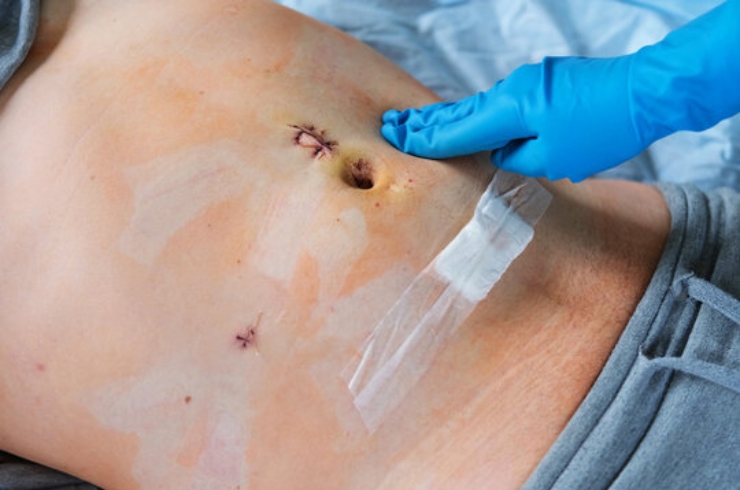
An appendectomy is a surgical procedure performed to remove the appendix, a small, finger-shaped pouch attached to the large intestine. The appendix can become inflamed and infected, a condition known as appendicitis. Appendicitis is considered a medical emergency because if left untreated, the appendix can rupture, leading to severe infection and complications. During an appendectomy, the surgeon removes the appendix to prevent further complications. The procedure can be performed through traditional open surgery or minimally invasive laparoscopic surgery, depending on the severity of the condition and the patient’s health status.
The primary symptom of appendicitis is sudden, sharp pain around the lower right side of the abdomen, which often worsens with movement, coughing, or sneezing. Other symptoms may include nausea, vomiting, loss of appetite, fever, and constipation or diarrhea. If you experience any of these symptoms, it is essential to seek medical attention immediately. Appendicitis can progress rapidly, and delaying treatment can lead to a ruptured appendix, which is a life-threatening situation. A timely appendectomy can effectively treat appendicitis and prevent more serious complications like peritonitis or sepsis.
Recovery from an appendectomy generally depends on the type of surgery performed and the patient’s overall health. In laparoscopic appendectomy, where small incisions are made, the recovery time is faster, and the risk of complications is lower. Patients who undergo laparoscopic surgery often return to normal activities within a week or two, while open surgery may require a longer recovery period. Postoperative care involves managing pain, keeping the incision site clean, and following the surgeon’s instructions regarding diet and activity restrictions. At MIMAS World Hospitals, our dedicated team ensures a smooth recovery process, providing comprehensive follow-up care to monitor healing and prevent any potential complications.